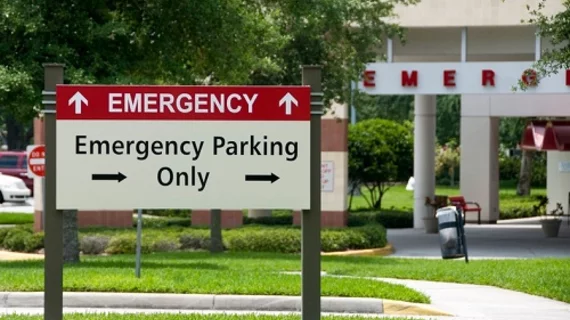Cardiologists urge heart attack, stroke patients not to delay medical attention over COVID-19 fears
Is the new coronavirus keeping patients from seeking medical attention? In many parts of the world, that certainly seems to be the case—and it’s a trend that could be especially fatal for heart patients.
Clinicians throughout the United States have reported treating fewer patients than normal for heart attack and stroke symptoms since the start of the COVID-19 pandemic. The American College of Cardiology (ACC), hoping to address this phenomenon, is now urging patients who need critical care to seek the treatment they need instead of delaying it out of fear.
“Due to fears of contracting COVID-19 or taking up space in hospitals, patients experiencing a heart attack or stroke are delaying their essential care, causing a new public health crisis,” Martha Gulati, MD, editor-in-chief of CardioSmart.org, said in a prepared statement. “Hospitals and catheterization labs are still treating heart attack and stroke, not just COVID-19, and are taking the utmost precautions to ensure that the novel coronavirus not be spread. The faster a patient is treated, the higher the outcome of survival and lower the risk for complications. No patient should delay their care.”
The ACC has developed specific resources for these patients, including a detailed infographic, and made them available on the CardioSmart website. The infographic includes common heart attack and stroke symptoms and urges patients to call 911 if necessary.
“We encourage clinicians to widely distribute these tools to their patients. Make sure that patients know when telehealth is an appropriate option, and when they should call 911 instead,” Gulati added. “Clinicians should work with patients to ensure medication adherence, and always continue to advocate for heart-healthy measures that can be taken even in times of self-isolation and social distancing.”

